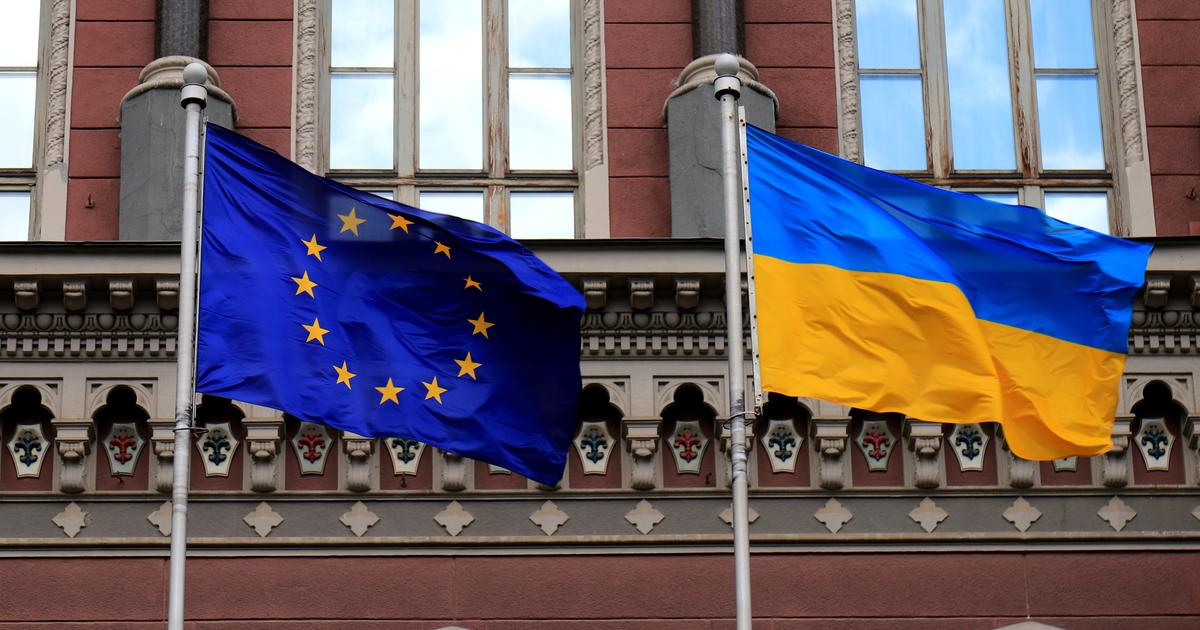The invasion of Ukraine has revived an old debate: how to effectively sanction a state like Russia?
Let's say it now: it's time to imagine a new type of sanction focused on the oligarchs who have prospered thanks to the regime in question.
For this it will be necessary to establish an international financial registry, which will not be to the liking of Western fortunes, whose interests are much more linked to those of the Russian and Chinese oligarchs than is sometimes claimed.
However, it is at this price that Western countries will manage to win the political and moral battle against autocracies.
Let us remember that the freezing of the assets of Putin and his relatives is already part of the arsenal of sanctions that has been tried to be applied for several years.
The problem is that the freezes applied so far remain largely symbolic.
They only affect a few dozen people and can be circumvented through the use of designated persons, especially since nothing has been done to systematically measure and cross-reference the real estate and financial portfolios that each of them owns.
More information
Follow live the last hour of the war in Ukraine
Disconnecting Russia from the SWIFT financial network will deprive Russian banks of access to the international system of financial transactions and money transfers.
This measure is very poorly focused.
As with conventional trade sanctions, which after the 2014 crisis were largely instrumentalized by the government to tighten its control, the risk is to impose considerable costs on ordinary Russian and Western companies, with adverse consequences for affected employees.
The measure will also affect a large number of binationals and mixed couples, while sparing the wealthiest (who will use alternative financial intermediaries).
To bring the Russian state to heel, it is urgent to focus sanctions on the thin social layer of billionaires on which the regime relies, a group much larger than a few dozen people, but much smaller than the Russian population in general.
To give an idea, one could point to people who have more than 10 million euros in real estate and financial assets, that is, about 20,000 people, according to the latest available data.
This represents 0.02% of the adult Russian population (currently 110 million).
Setting the threshold at five million would affect 50,000 people;
lowering it to two million would affect 100,000 (0.1% of the population).
It is likely that a considerable effect can already be achieved by targeting those with more than 10 million.
These people are the ones who have benefited the most from the Putin regime since he came to power, and everything seems to indicate that a considerable proportion of their real estate and financial assets are located in Western countries (between half and three quarters).
Therefore, it would be relatively easy for Western states to impose a heavy tax on these assets, say at a rate of 10% or 20% to start with, freezing the rest as a precaution.
Threatened with ruin and a ban on visiting the West, we could bet that this group would be able to make itself heard by the Kremlin.
To apply this type of measure, it would be enough for Western countries to finally create an international financial registry that would keep track of who owns what in different countries.
As the World Inequality Report 2018 has already shown, such a project is technically possible and requires public authorities to take control of private central depositories (Clearstream, Eurostream, Depository Trust Corporation...) that currently securities and their owners are recorded.
This public registry would also be an essential step in the fight against illicit flows, drug money and international corruption.
So why hasn't progress been made in this direction yet?
For a simple reason: the rich Westerners fear that this transparency will end up harming them.
This is one of the main contradictions of our time.
The confrontation between "democracies" and "autocracies" is exaggerated, forgetting that Western countries share with Russia and China an unbridled hyper-capitalist ideology and a legal, fiscal and political system that is increasingly favorable to large fortunes.
In Europe and the United States, every effort is made to distinguish the useful and deserving Western “entrepreneurs” from the harmful and parasitic Russian, Chinese, Indian or African “oligarchs”.
But the truth is that they have a lot in common.
In particular,
The immense prosperity of billionaires on all continents since 1980-1990 is largely explained by the same factors, and in particular by the favors and privileges accorded to them.
The free movement of capital without fiscal and collective compensation is an unsustainable system in the long term.
Just questioning this
common doxa
we will be able to sanction autocracies effectively and promote another model of development.
Thomas Piketty
is Professor at the Paris School of Economics and Director of Studies at the École des Hautes Études en Sciences Sociales (EHESS).
Exclusive content for subscribers
read without limits
subscribe
I'm already a subscriber

/cloudfront-eu-central-1.images.arcpublishing.com/prisa/VZVPGI2ATBH5NH3AY2KBOXTMTM.jpg)




